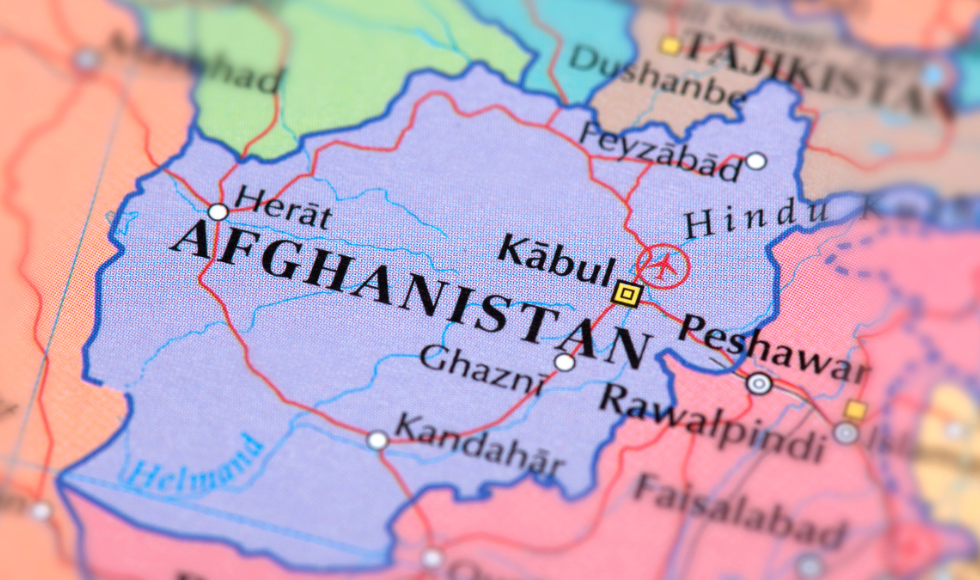Department of Medical Imaging develops curriculum for physicians in rural Afghanistan

The Department of Medical Imaging at McMaster University has devised a practical curriculum intended to rapidly improve the diagnostic skills of these physicians in a short period of time.
A joint initiative between McMaster University and the Aga Khan Foundation is strivingto improve diagnostics and clinical outcomes in Afghanistan by delivering world-class radiology training to physicians from rural centres.
Hospitals in Bamyan and Faizabad are smaller centres in mountainous rural Afghanistan responsible for delivering care to more than 1.5 million Afghan citizens. Despite such a large area of catchment, these centres do not have dedicated radiologists. The responsibility of imaging interpretation instead falls on the shoulders of physicians from other services with little to no formal training in radiology. Having access only to X-ray and ultrasound, these centres are able to outsource but a small subset of their imaging interpretation to a larger centre in Kabul.
In collaboration with the Aga Khan Foundation, represented by Karim Samji, the Department of Medical Imaging at McMaster University, led by Julian Dobranowski and Ali Sabri, has devised a practical curriculum intended to rapidly improve the diagnostic skills of these physicians in a short period of time. “We are very pleased as a faculty to support the needs of our fellow colleagues in Afghanistan. This is work that is in complete alignment with our university mission and with what we as faculty feel is so important. We thank the Aga Khan Foundation for allowing us this opportunity,” said Julian Dobranowski, professor and chair of the Department of Medical Imaging at McMaster.
The first phase of this project involved the creation of a pretest to determine which areas of knowledge required supplementation and refinement. The test was administered virtually with versions in both English and Farsi. Using the information obtained from the pretest, a series of lectures have been devised to cover a broad range systems and modalities. With a focus on direct application and practical skills, the curriculum seeks to provide physicians with the tangible skills necessary to confidently interpret radiographs independently. An important distinction between this training program and traditional radiology training is a reduced focus on theory and a more direct focus on repeated exposure to common pathologies in order to establish a baseline Gestalt.
The first session was delivered virtually on July 19, 2023 focusing on chest X-ray. The lecture was given in English with Farsi subtitles and a Farsi interpreter was present to facilitate a concluding question and answer period. Sessions continued weekly throughout Sept., with topics to include abdomen, musculoskeletal and spine, pediatrics, mammography, and a concluding integration session to tie concepts together. Each lecture is prepared and delivered by a fellowship trained radiologist from McMaster.
Throughout this process and beyond, a secure group chat between physicians from McMaster and Afghan physicians at these centres will allow for the consultation of complex cases and a more direct exchange of information. The leads of the initiativehope it extends far beyond a limited series of lectures and becomes a lasting collegial relationship resulting in the enrichment and education of all involved.
The lectures are an example of McMaster’s commitment to global collaboration, with faculty members making a tangible difference in this developing nation’s health care system. Improved diagnostics will lead to improved clinical outcomes, which ultimately leads to a better quality of life for the people of Afghanistan.

